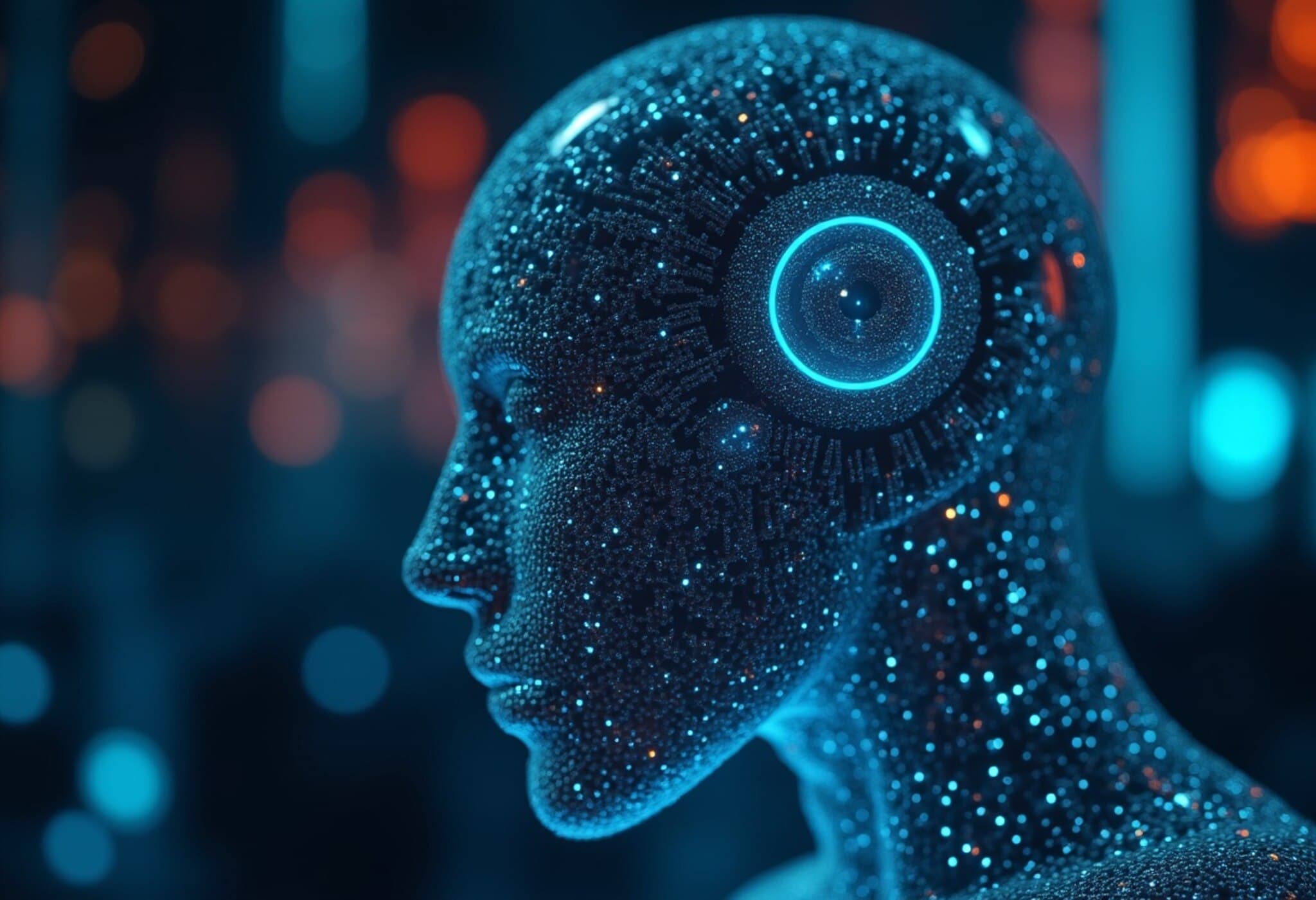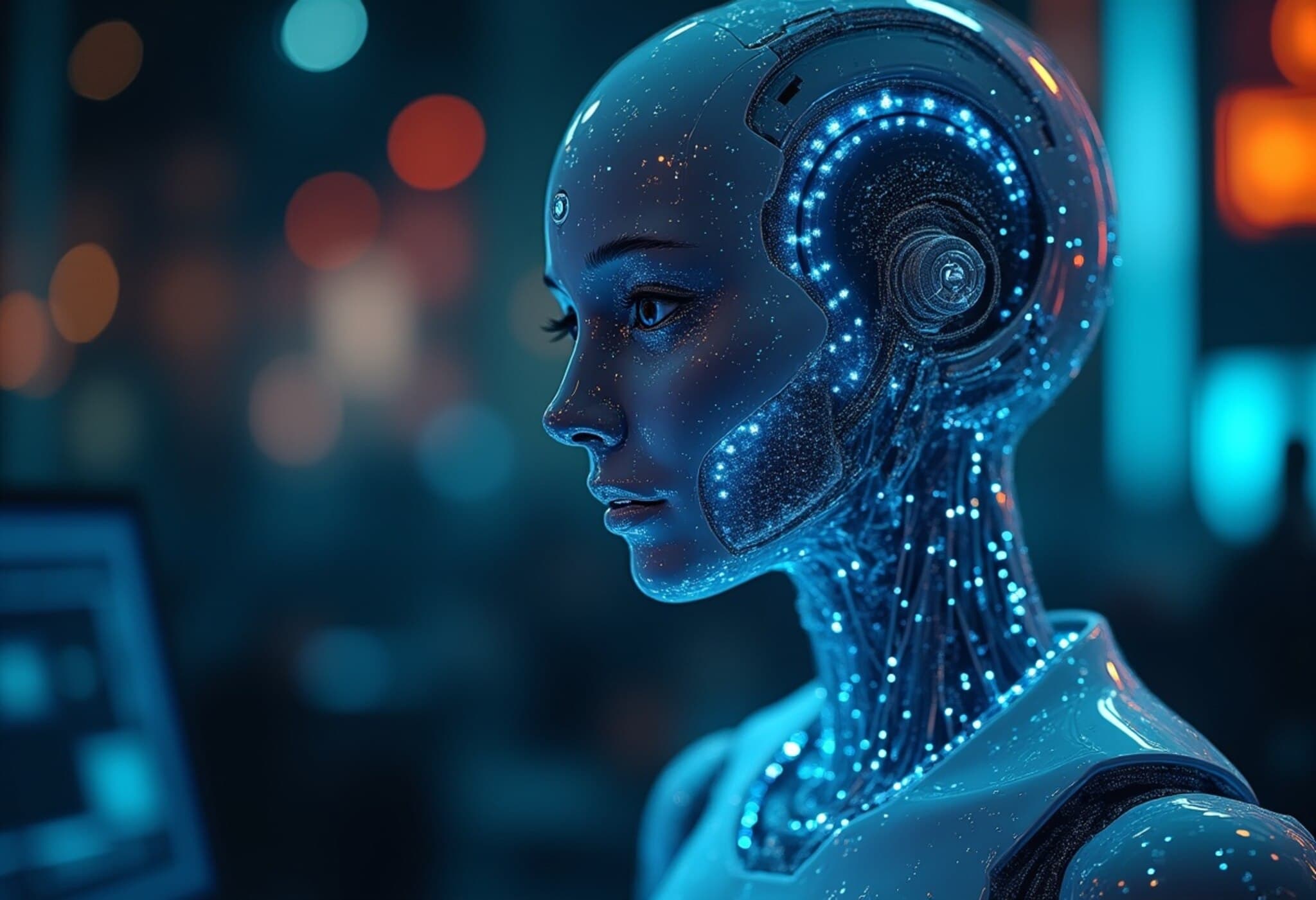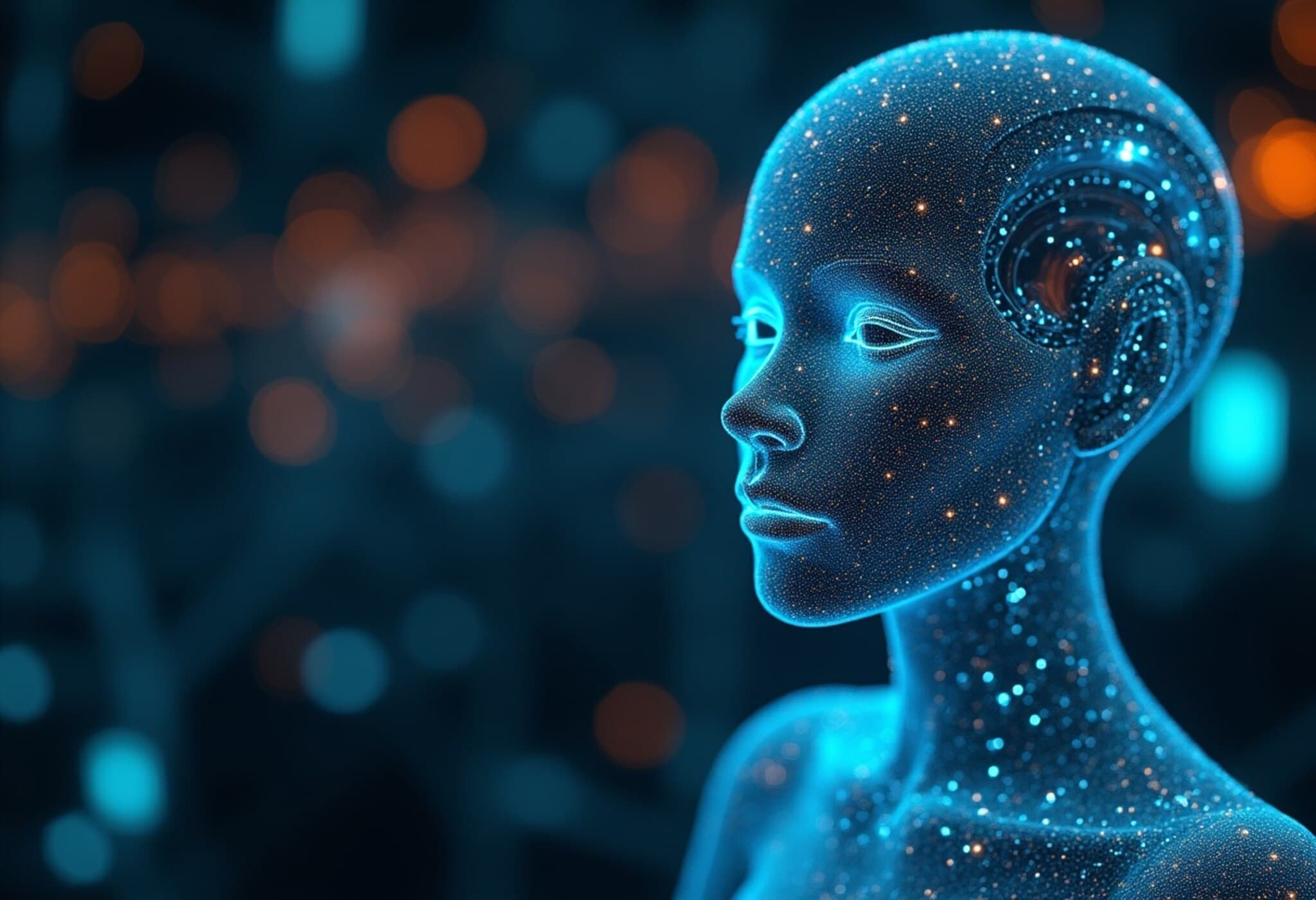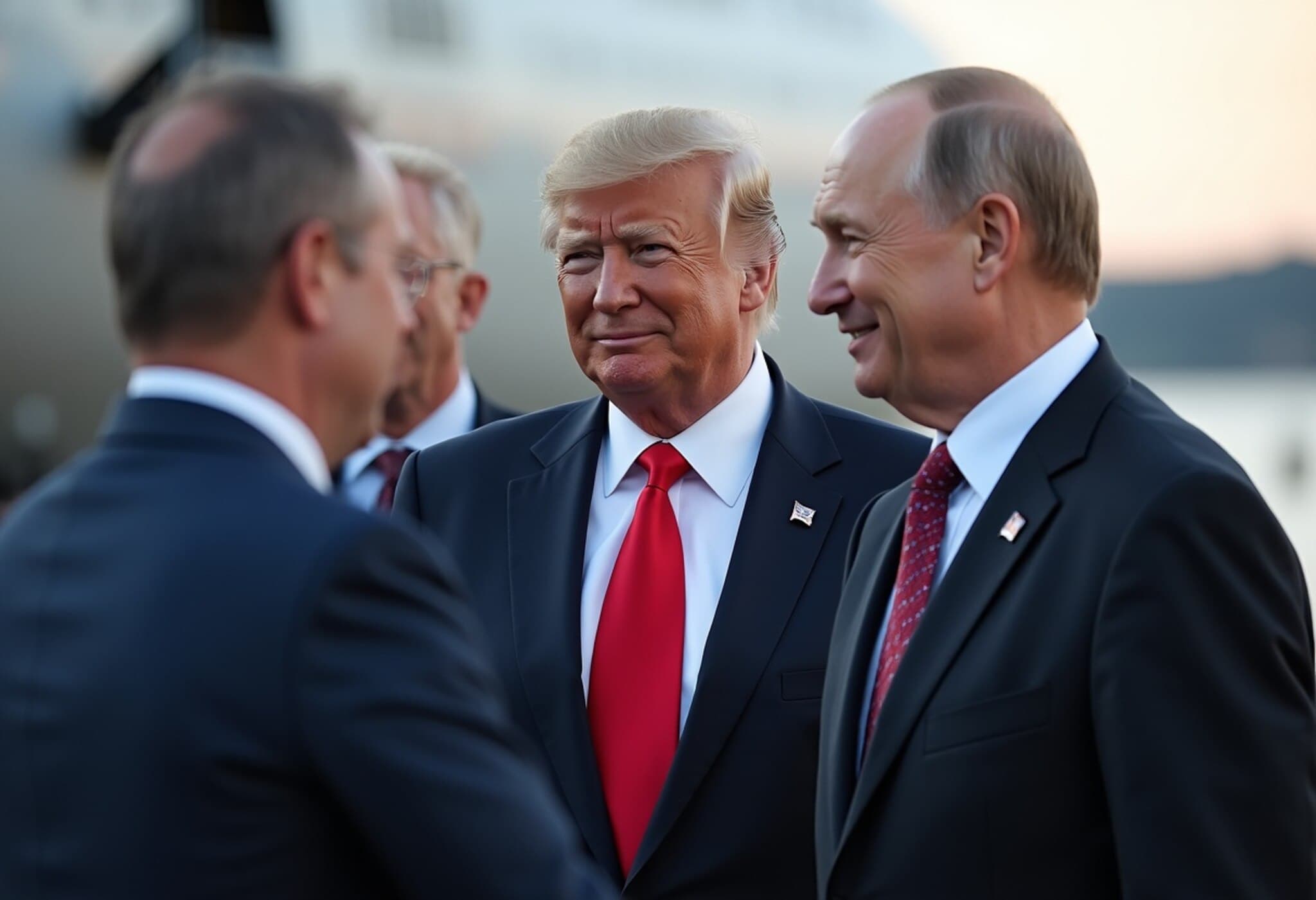OpenAI CEO Sam Altman Highlights India’s AI Enthusiasm and Innovation
In a recent conversation on the popular “People by WTF” podcast hosted by Zerodha co-founder Nikhil Kamath, OpenAI CEO Sam Altman expressed strong admiration for India’s dynamic embrace of artificial intelligence (AI). Altman emphasized India's potential to become not only a leading AI user but also a significant global player producing AI innovations.
India’s AI Momentum Could Make It OpenAI’s Largest Market Soon
Altman described India’s AI adoption as vigorously enthusiastic, describing the nation’s "incredible energy" and entrepreneurial spirit as unmatched worldwide. “If there is one large society in the world that seems most enthusiastic to transform with AI right now, it’s India,” he said.
He foresees the country leveraging AI to leapfrog traditional developmental stages, spurring groundbreaking economic and societal advancements. According to Altman, India’s shift from merely consuming AI technology to actively producing and exporting it is already occurring at an impressive pace.
From Consumer to Creator: India’s AI Evolution
Altman explained, “The real question is how India transitions from a consumer to a producer of AI technology — developing tools and platforms that are used beyond its borders.” This evolution is already underway, fueled by a burgeoning community of innovators, startups, and tech entrepreneurs committed to building AI solutions tailored both for India and global audiences.
He expressed eagerness to engage more deeply with the Indian market, noting, “The energy is incredible, and I am looking forward to coming soon.” This signals OpenAI’s potential plans to strengthen its footprint in India’s expanding AI ecosystem.
Understanding the Broader Impact: Why India's AI Surge Matters Globally
India's rapid adoption and innovation in AI are especially significant when viewed through the lens of its large, young population and expanding digital infrastructure. The country is uniquely positioned to harness AI technologies to address complex challenges such as healthcare delivery, agriculture efficiency, education accessibility, and urban development.
Moreover, India's AI trajectory highlights essential conversations around ethical AI deployment, data governance, and inclusive growth. As startups and established companies alike develop AI tools, policy frameworks will need to evolve to protect users and foster responsible innovation—issues that Altman and other global AI leaders are increasingly engaging with.
Expert Perspective: Navigating Challenges and Seizing Opportunities
- Workforce Development: Scaling AI skills in India's massive workforce through education and training is critical for sustainable growth.
- Infrastructure Investment: Continued investment in digital infrastructure will underpin the scalability of AI services across urban and rural India.
- Policy and Ethics: Crafting balanced AI regulations that promote innovation while safeguarding privacy and equity is paramount.
- Global Collaboration: India's role could bridge Eastern and Western AI markets, fostering unprecedented global cooperation.
Looking Ahead: India as a Global AI Innovator
Sam Altman’s optimistic outlook on India underscores a broader trend: emerging economies are no longer passive AI consumers but vital contributors to the global AI landscape. India's entrepreneurial zeal combined with its demographic dividends and governmental support could position it as a powerhouse for AI research and commercialization in the coming years.
OpenAI's anticipated increased engagement with the Indian market is not just a business move—it reflects the growing recognition that AI's future is inherently collaborative and global. For India, the journey from AI adopter to AI innovator offers an opportunity to chart new paths for economic growth, social development, and technological leadership.
Editor’s Note
Sam Altman’s praise for India’s AI ecosystem raises important questions about how emerging markets can harness cutting-edge technologies to redefine their economic narratives. As India transitions into an AI producer and exporter, stakeholders must focus on inclusive policies that balance innovation with ethical considerations. The global AI community will be watching closely as India’s AI story unfolds, offering lessons on scaling technology for diverse and populous societies.
As AI evolves, the critical challenge remains: will AI advancements empower all strata of society equitably? How India manages this balance could shape not only its future but also serve as a blueprint for other developing economies striving to leapfrog into the digital age.
















